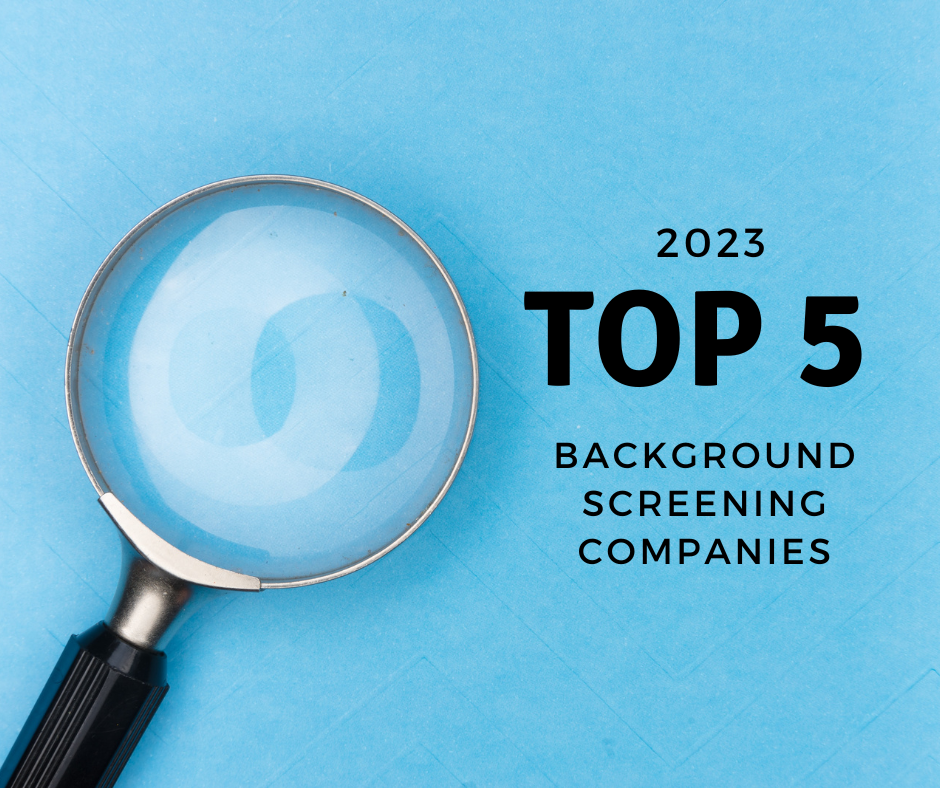Conducting thorough background checks for prospective school employees and volunteers is crucial for maintaining student safety and ensuring legal compliance in Georgia schools. However, the process can be complex due to variations in how data is collected and recorded across different jurisdictions.
Challenges in Background Checks
Background checks involve searching public records for information about an individual’s criminal and civil history. This includes criminal charges, arrests, and sex offender registrations. The availability and accuracy of this data can vary significantly depending on the methodology used for the background check. Different screening methods yield different results, and not all methods are equally reliable.
One major challenge is the inconsistent way criminal records are stored and indexed across the 3,144 U.S. counties and approximately 5,400 courts. Each jurisdiction uses different identifiers like names, dates of birth, and addresses, which can lead to incomplete or missed records if the screening company lacks experience navigating these systems. There is no all-encompassing national criminal history database; the FBI’s database contains only about 10% of the total records, while national commercial databases cover about half of U.S. courts.
Data Collection Issues
Collecting accurate background data is further complicated by issues with aliases and name variations. Individuals may have records under different names due to marriage, nicknames, or misspellings. This makes it crucial to use comprehensive searches that can account for these variations. Additionally, social security numbers, a potential unique identifier, are rarely included in court records, adding another layer of difficulty.
National Database Limitations
While national databases can supplement county-level searches, they have significant limitations. They do not cover all criminal history data and often lack the most current information. National database searches may produce large numbers of records, including many for individuals with common names, leading to inaccuracies. Therefore, relying solely on national databases for background checks is insufficient.
Fingerprinting Limitations
Fingerprint-based checks, though required by Georgia law for school employees, are not foolproof. The FBI and GBI databases are incomplete and often contain outdated information due to reporting inconsistencies and backlogs. These databases do not include all criminal charges, especially those from other states, which is a significant concern given the mobility of the population.
Volunteer Screening
Screening volunteers is essential, especially those who regularly interact with students. However, not all volunteers need background checks, particularly those with supervised and infrequent contact with students. Differentiating between volunteers and visitors and establishing clear policies on who requires screening is important for maintaining safety without overburdening the process.
Sex Offender Registry Searches
Conducting thorough searches against sex offender registries is another critical component. Both real-time and historical searches are necessary to ensure comprehensive coverage, as relying solely on one method can result in missed information. The GBI's sex offender registry, for instance, may not always have the most up-to-date data.
Rescreening Importance
Periodic rescreening of employees and volunteers is vital to catch any new developments that occur after the initial background check. Policies should be in place for regular rescreening to ensure ongoing safety. This can include creating a rescreening schedule, adding background monitoring programs, and possibly requiring employees and volunteers to self-pay for their checks.
Best Practices for Comprehensive Checks
For the most accurate and complete background checks, a multi-faceted approach is recommended. This includes using address history traces to guide searches, conducting county court searches, supplementing with criminal record databases, performing national sex offender searches, and checking for alias names. Partnering with a reputable screening company can enhance the thoroughness of the process, utilizing advanced technology and ensuring compliance with legal standards.
Conclusion
Georgia schools need a comprehensive and meticulous approach to background checks to ensure the safety and well-being of their students. By understanding and addressing the limitations and challenges of different screening methodologies, schools can implement more effective background screening processes.



